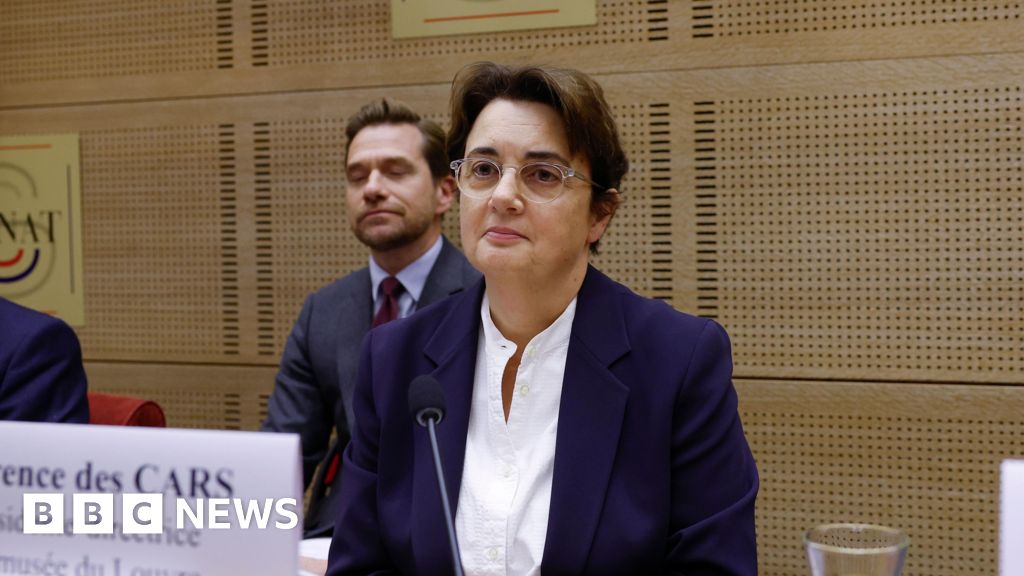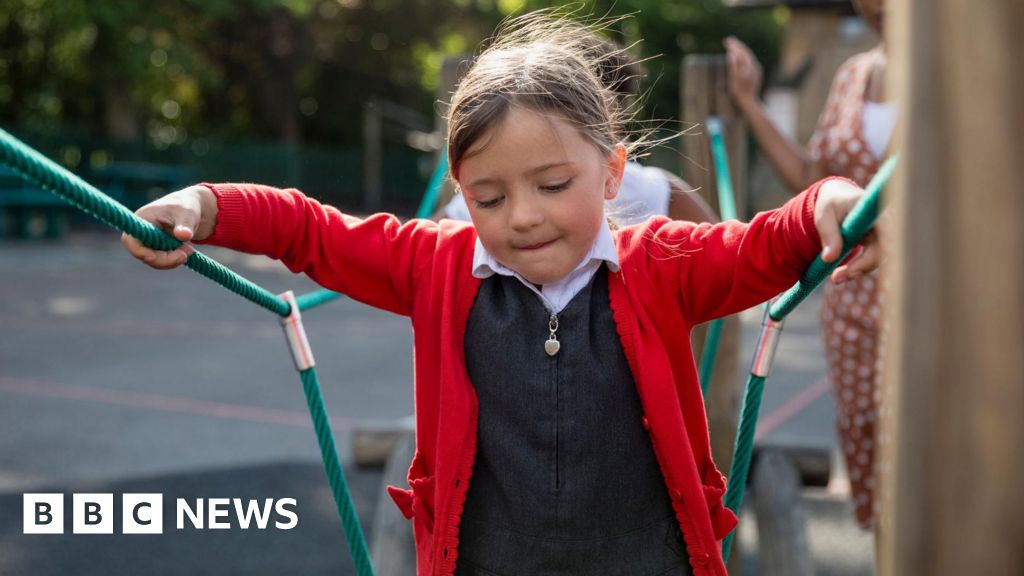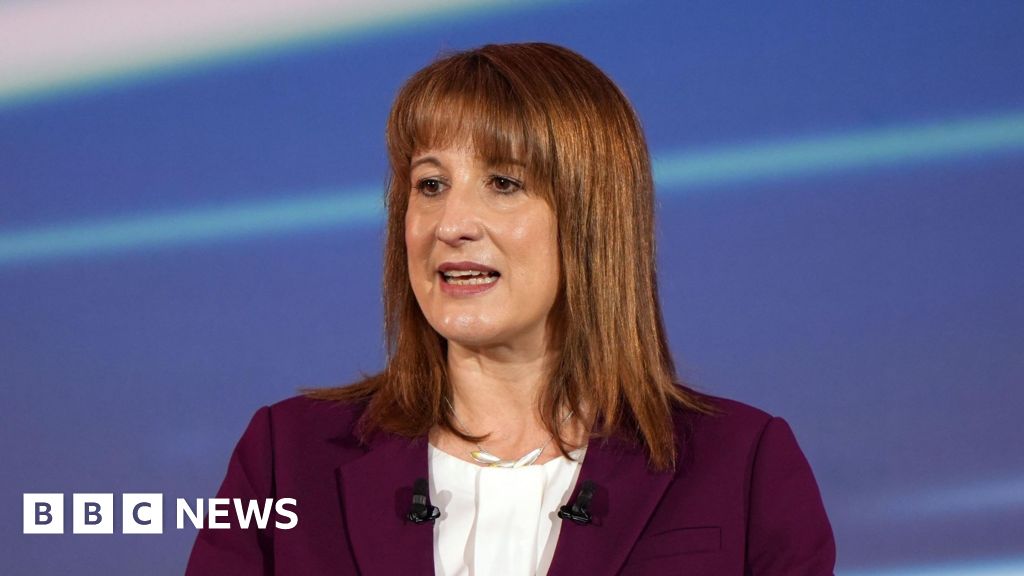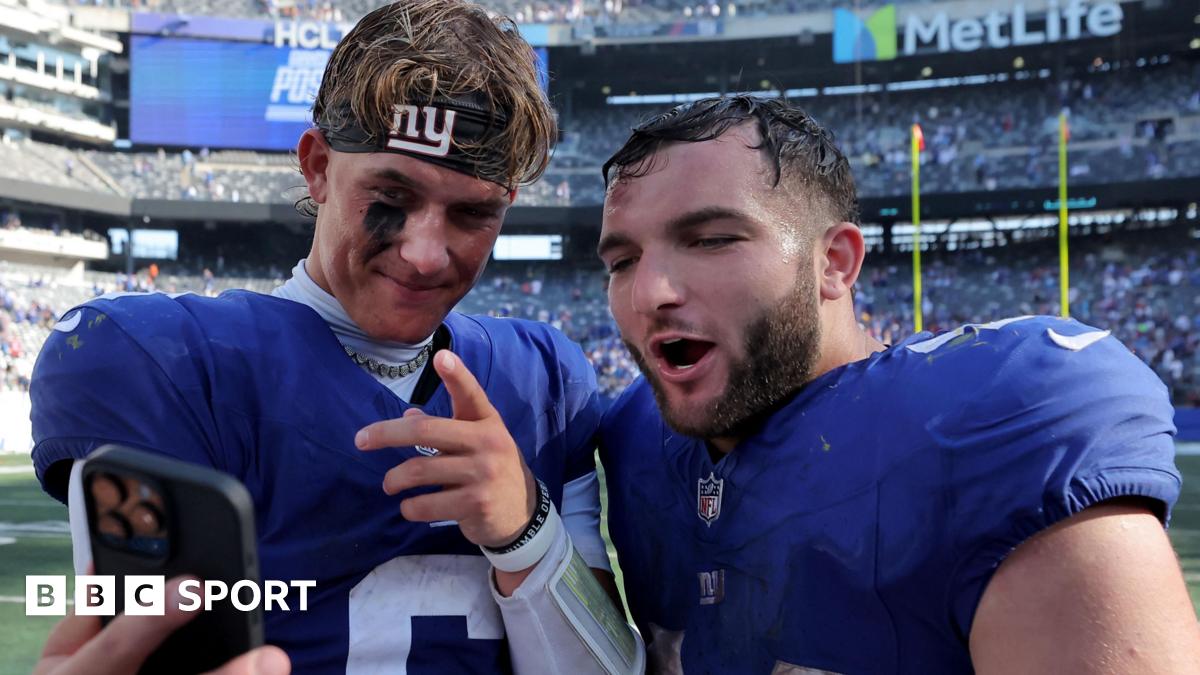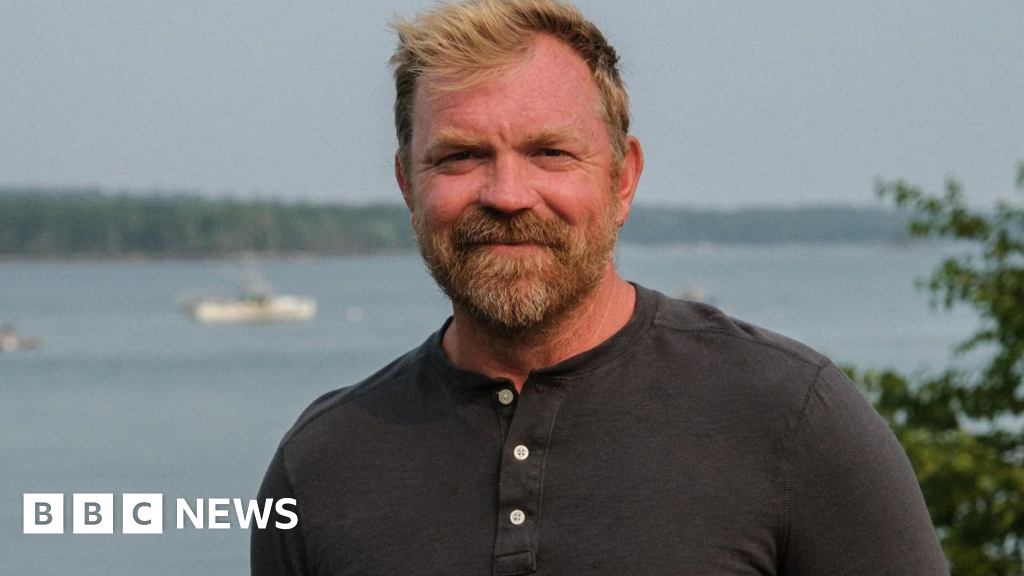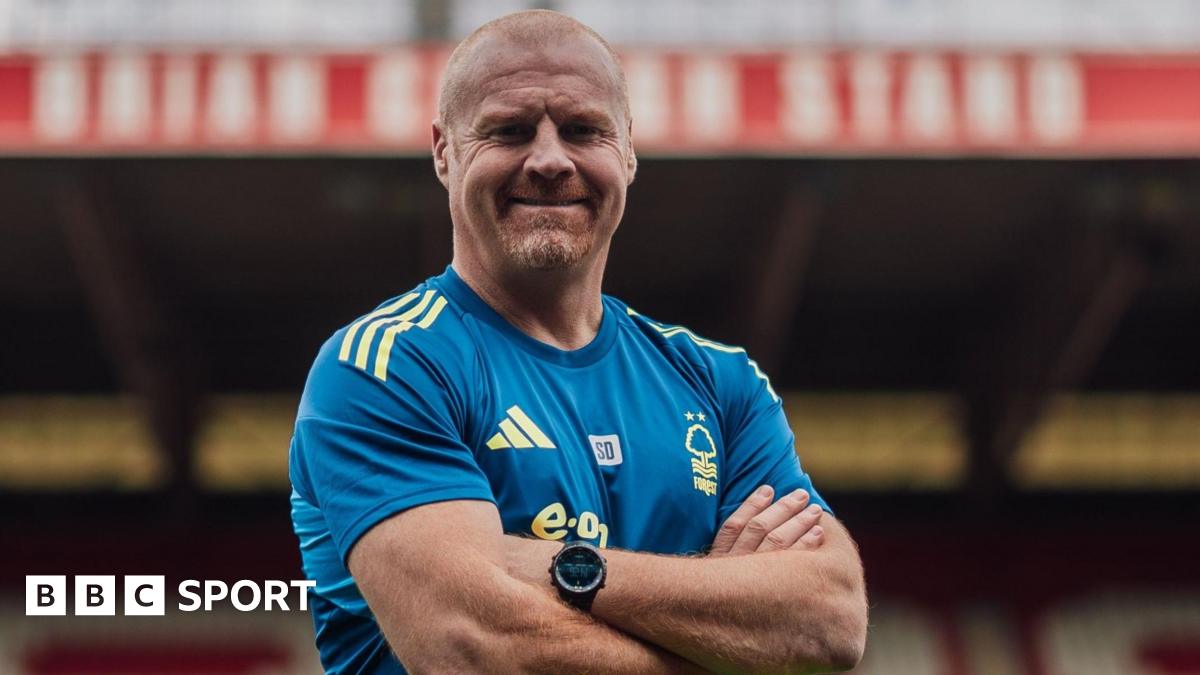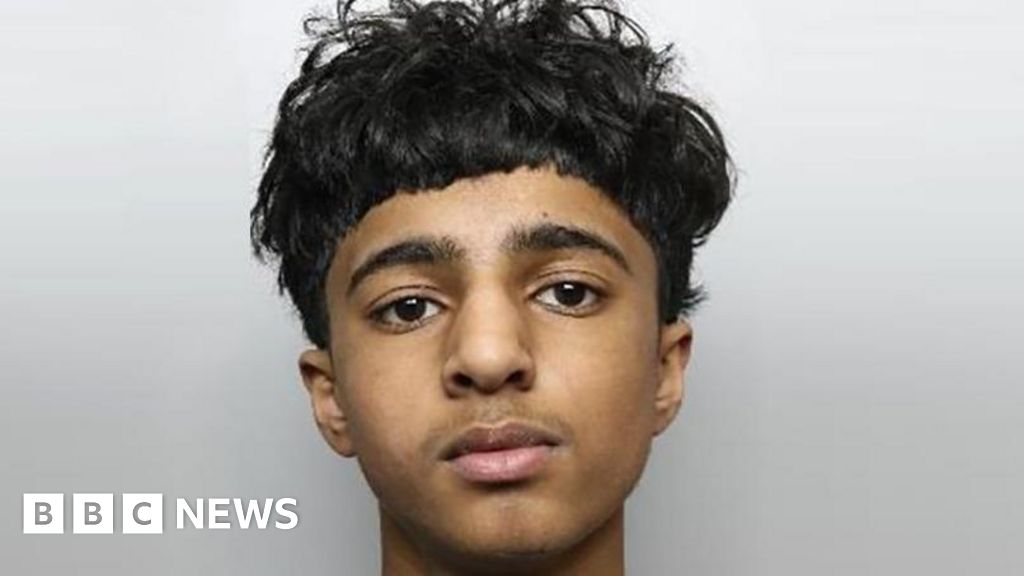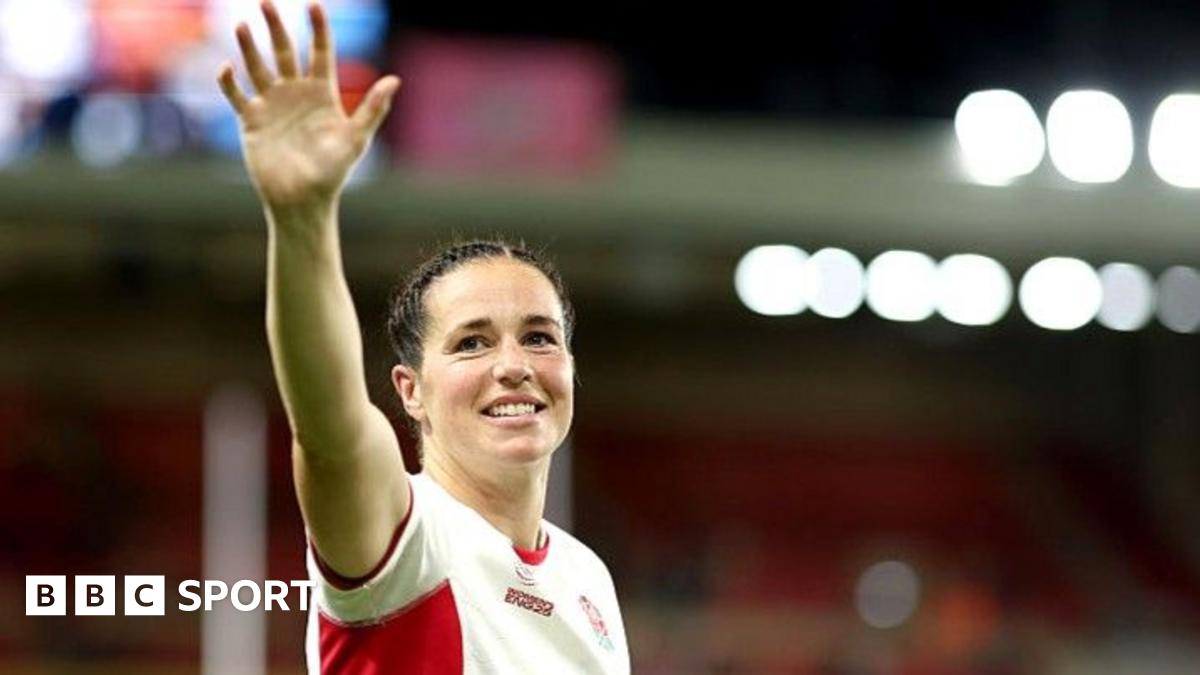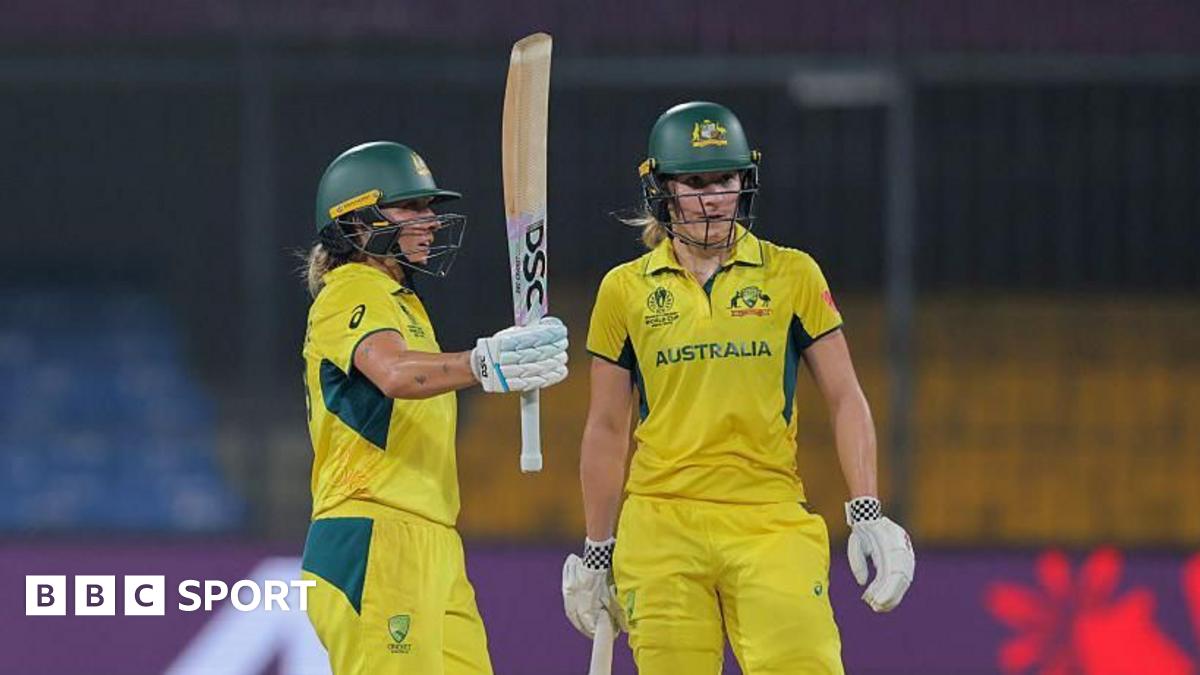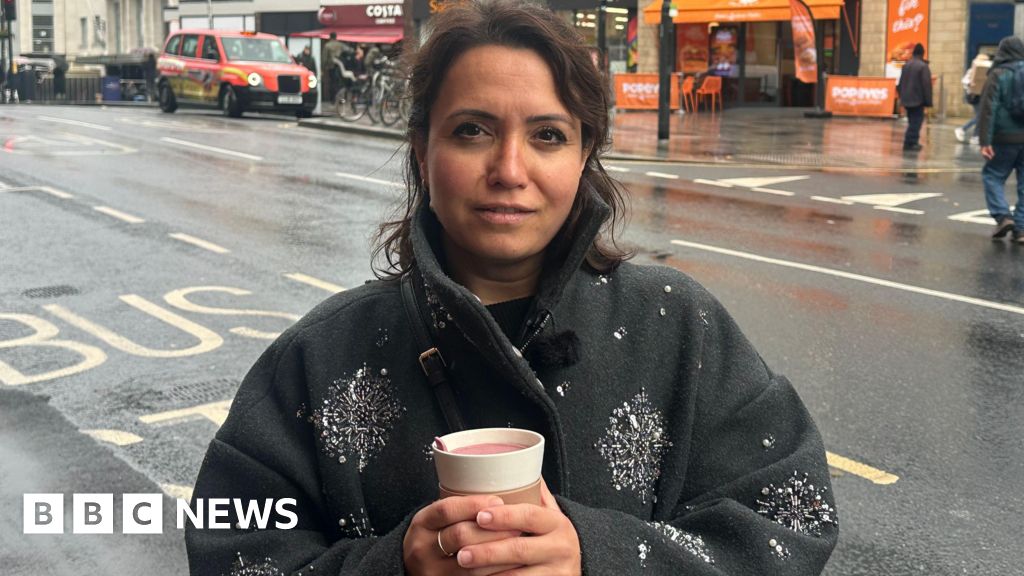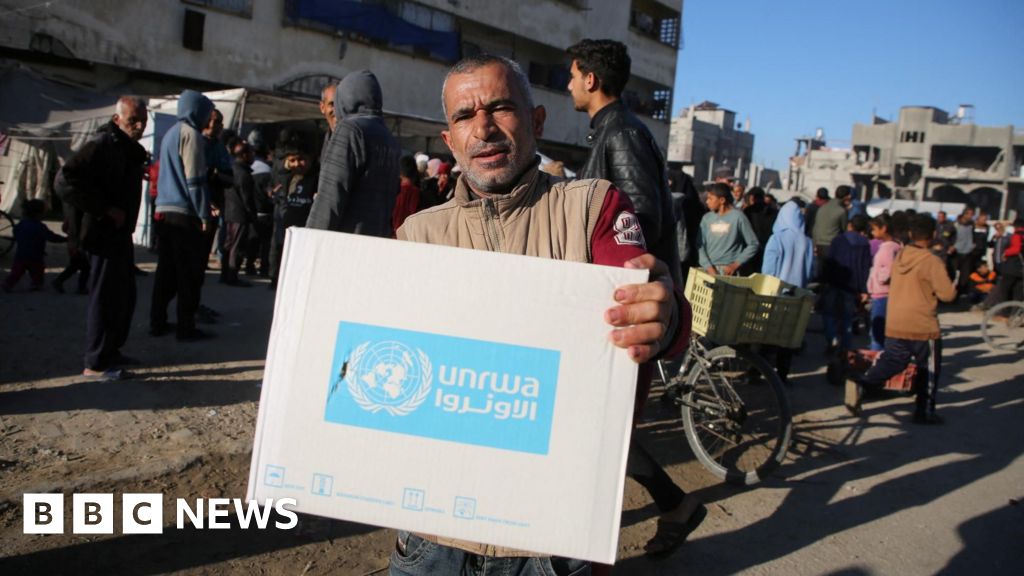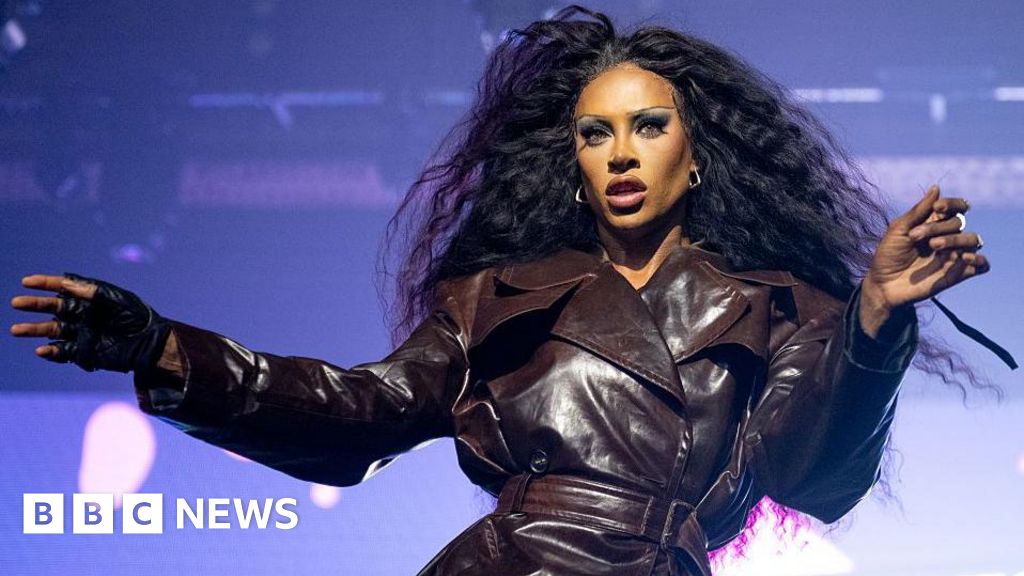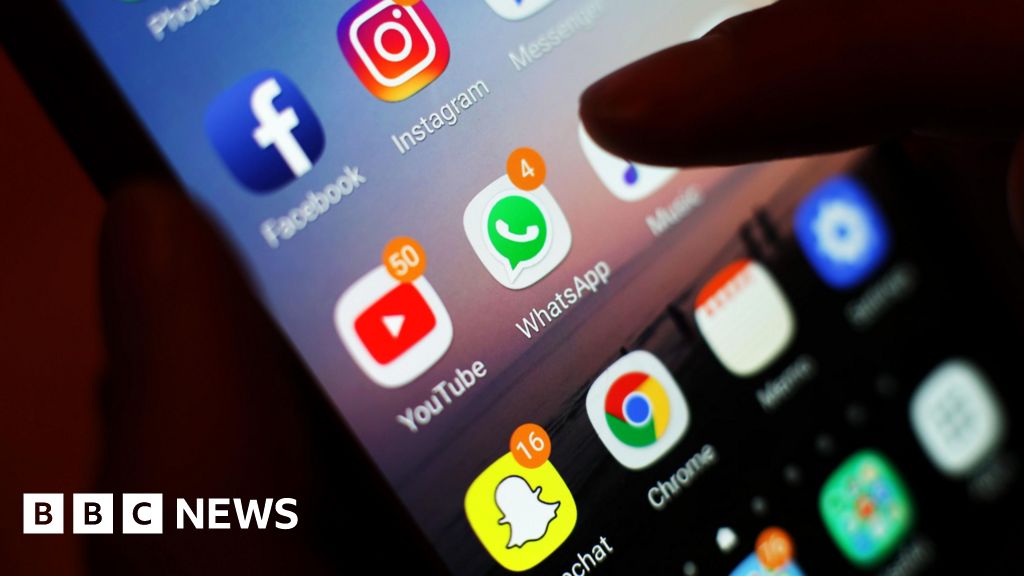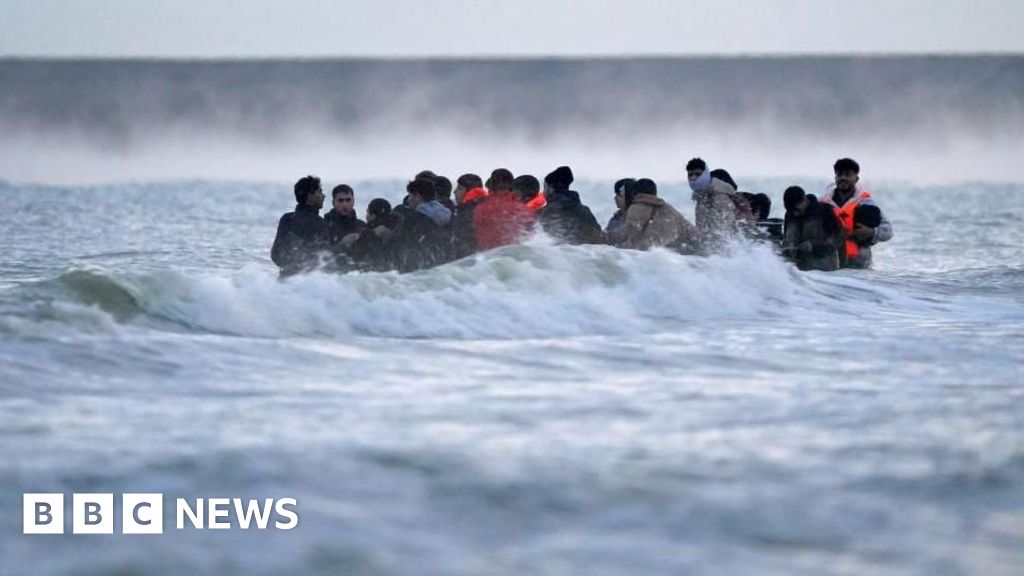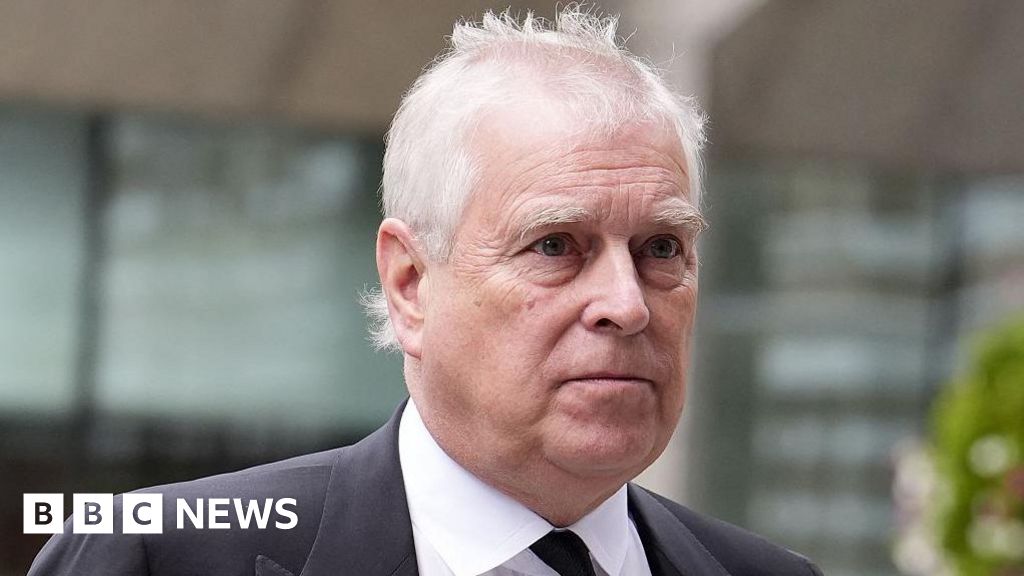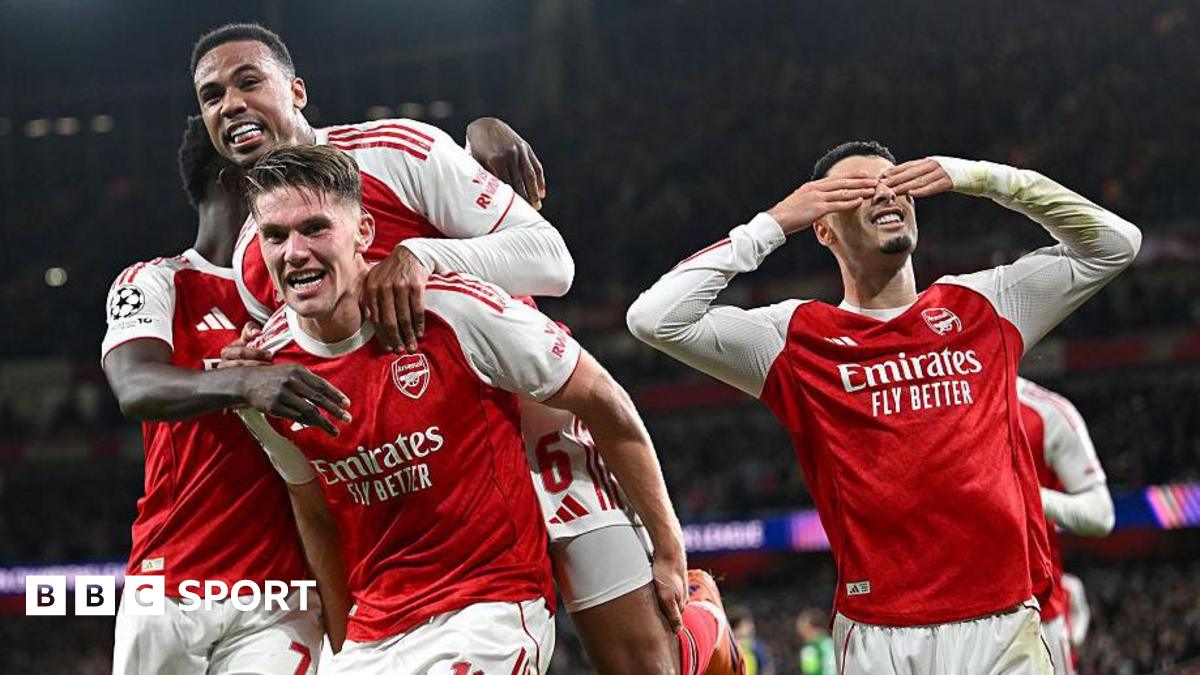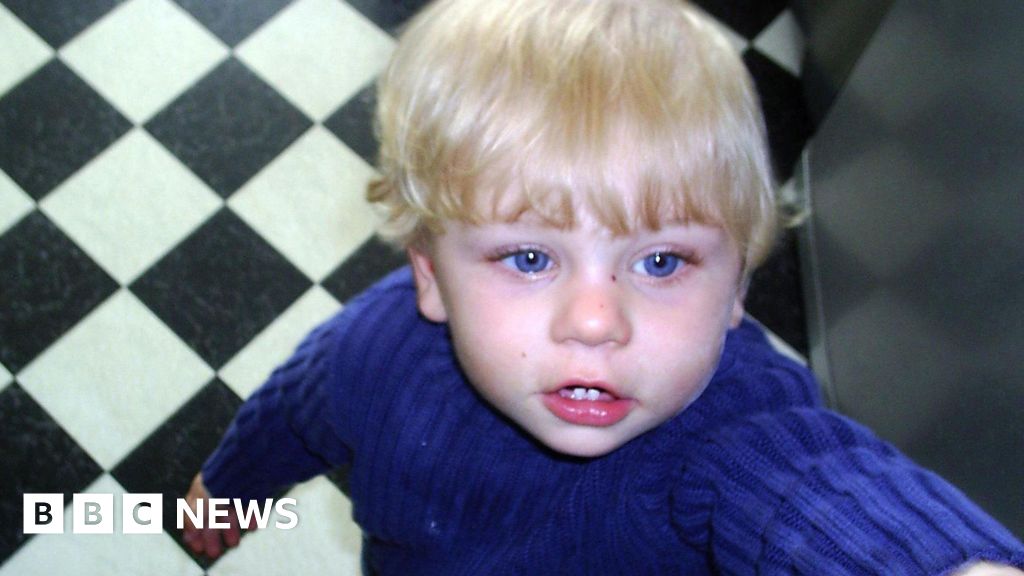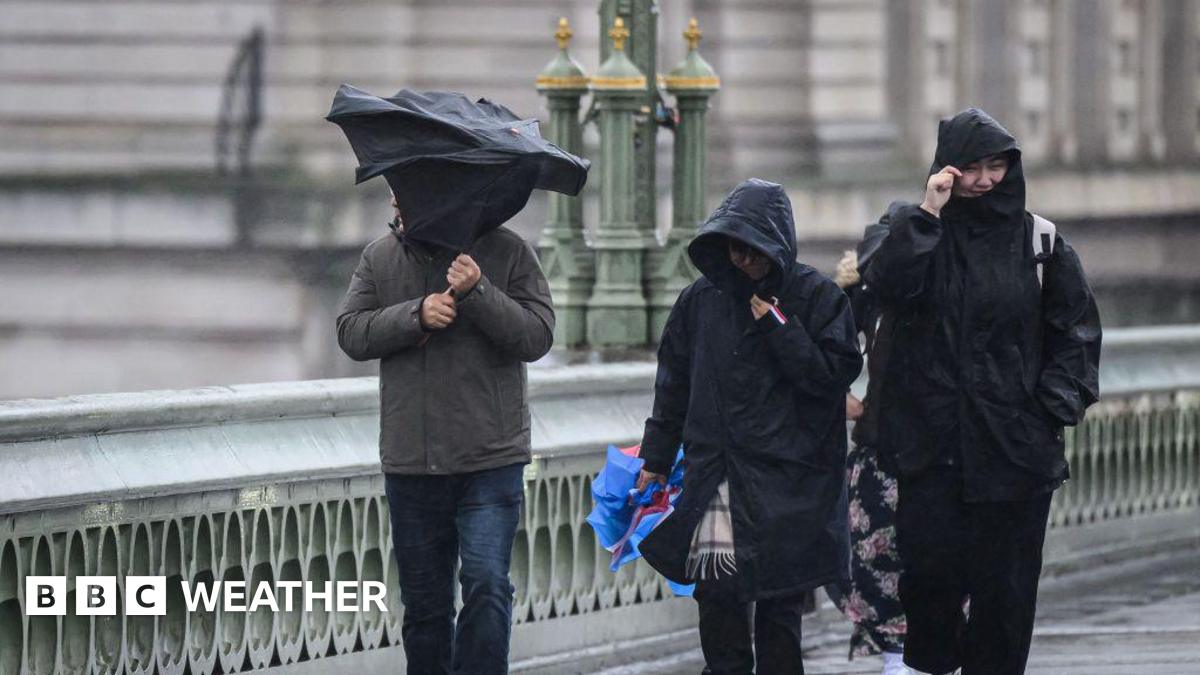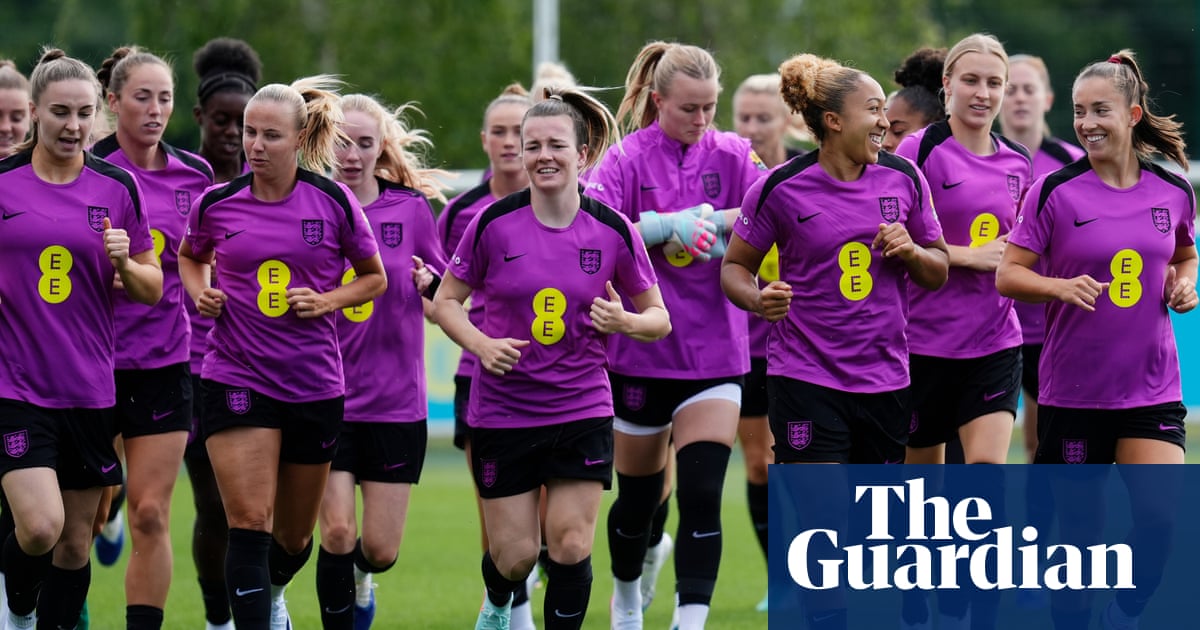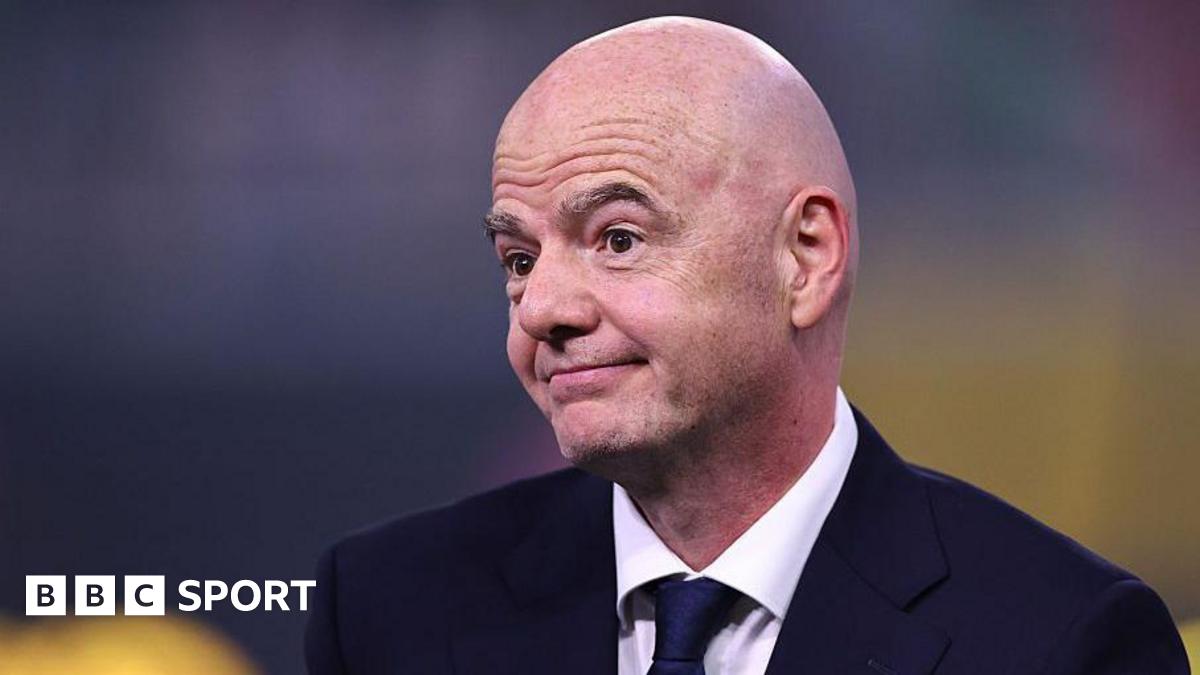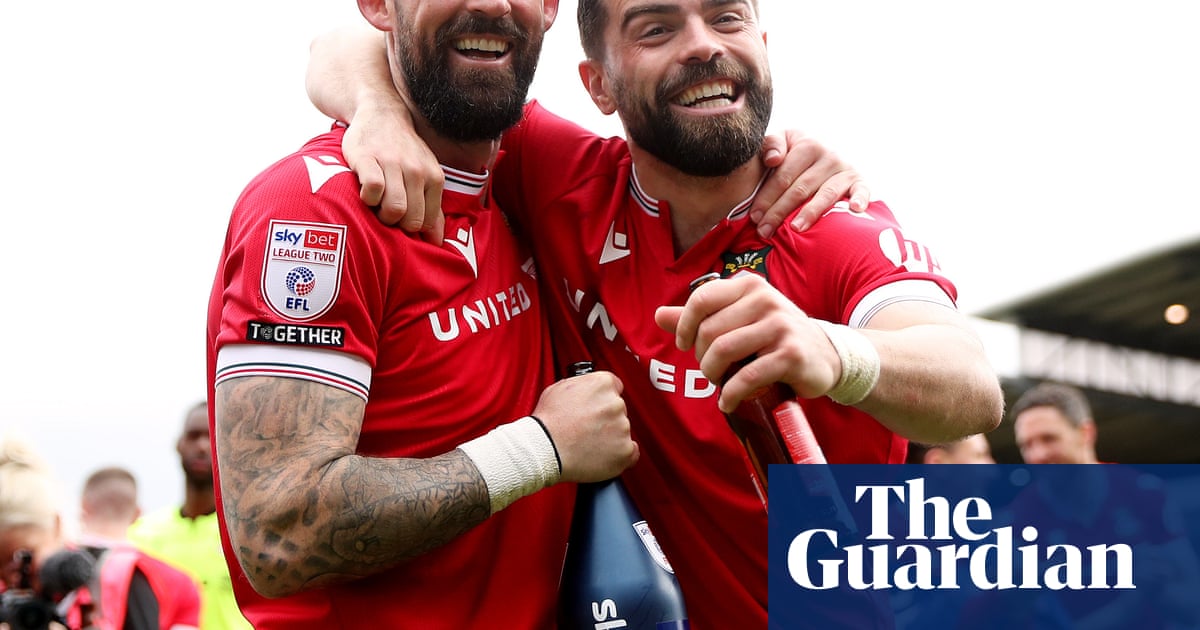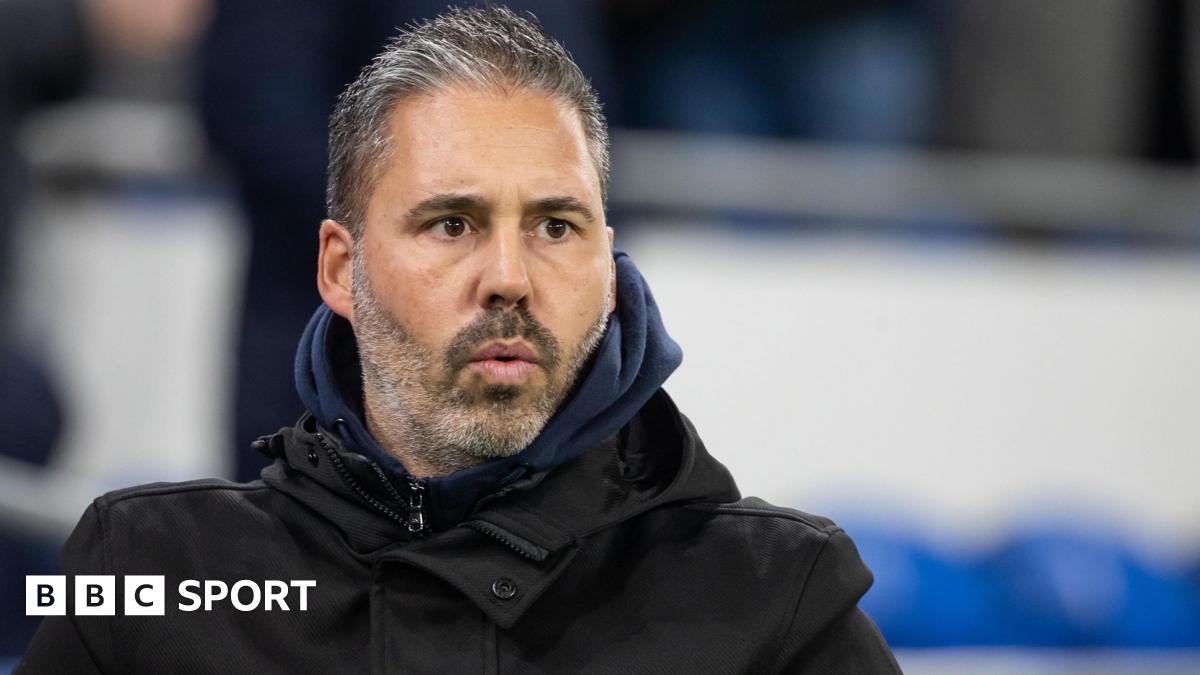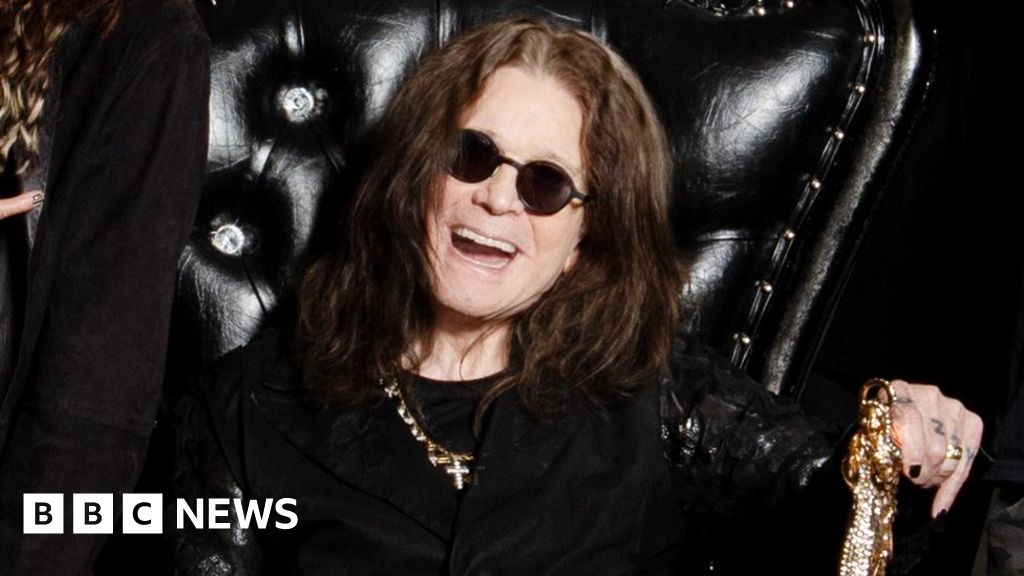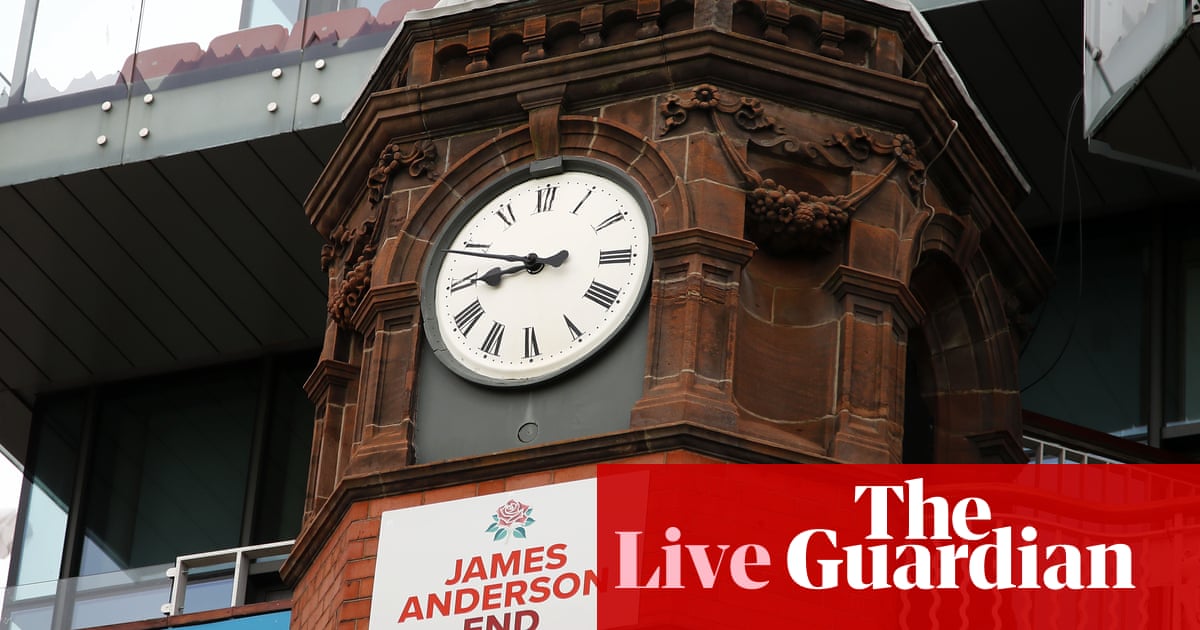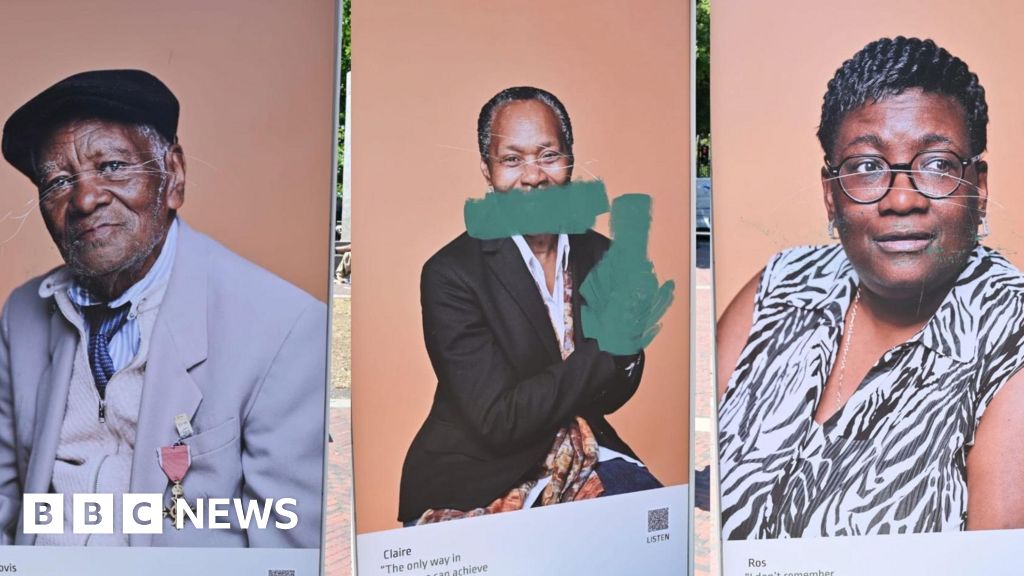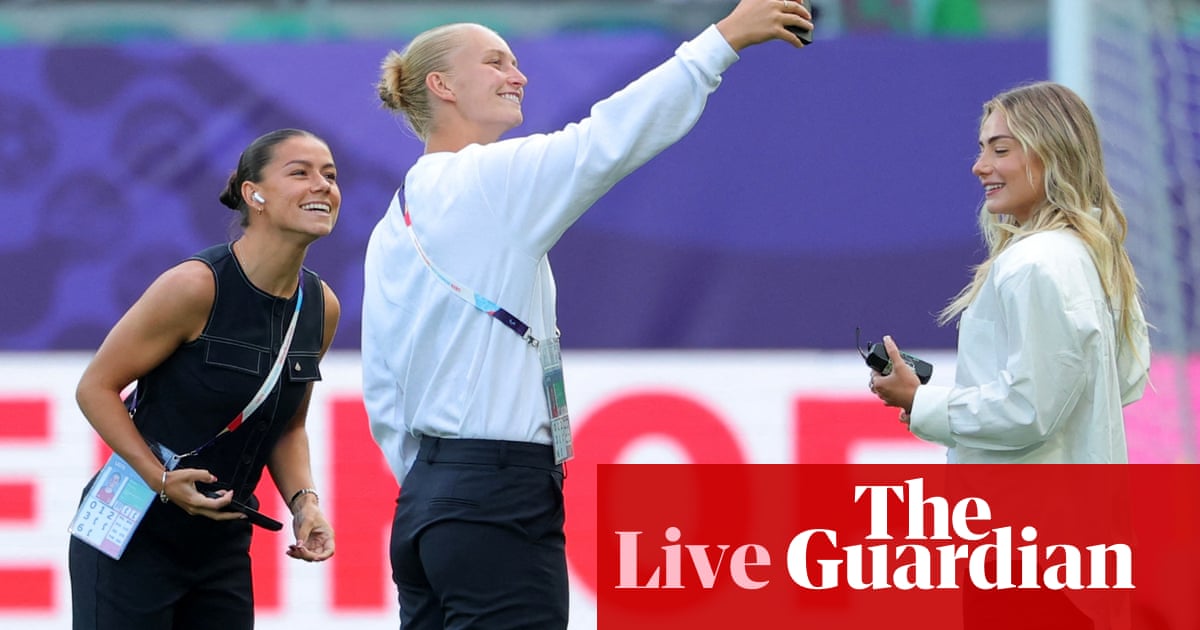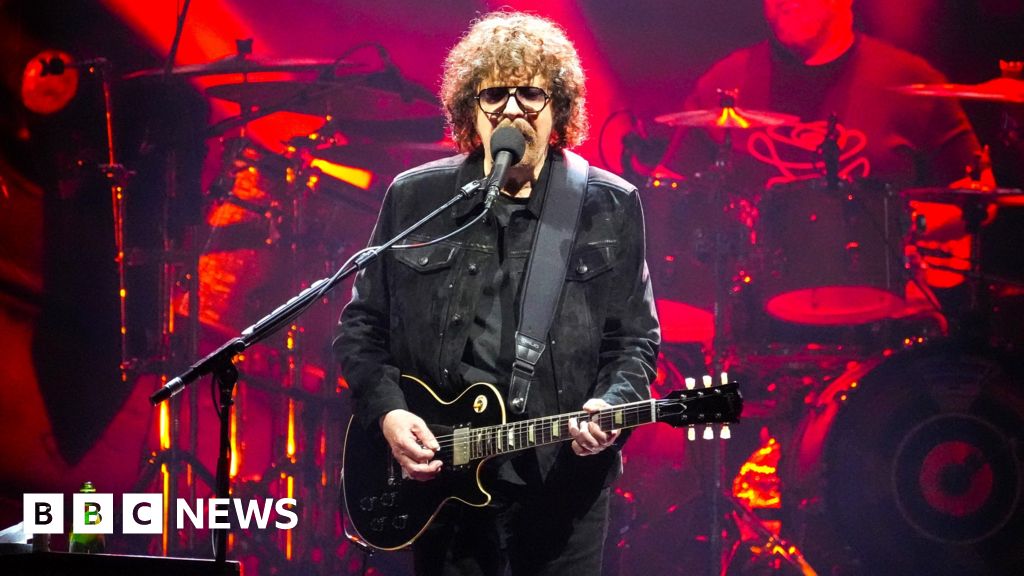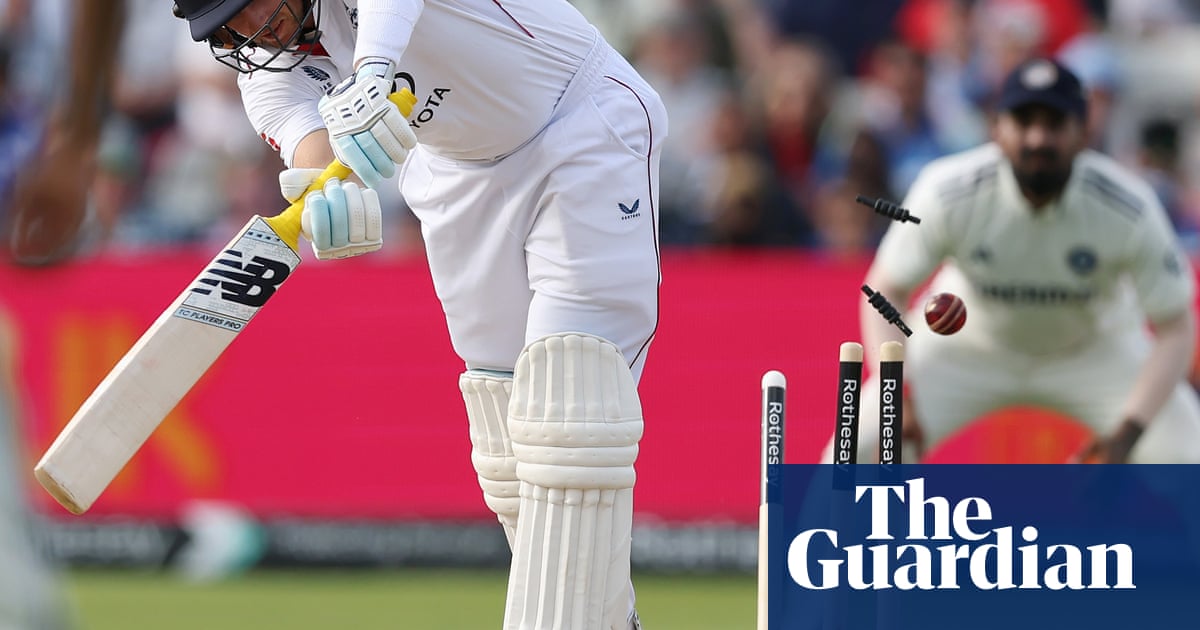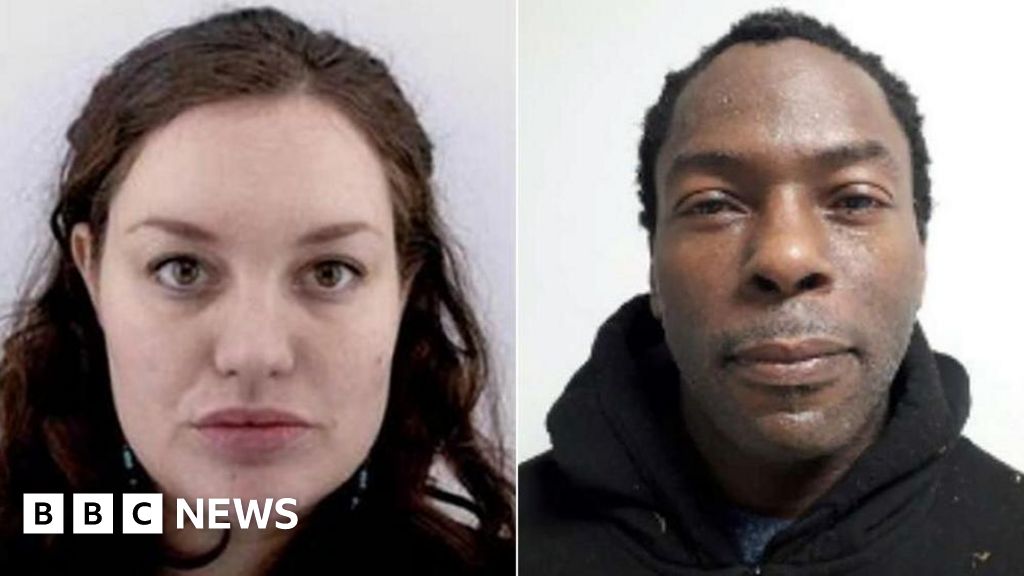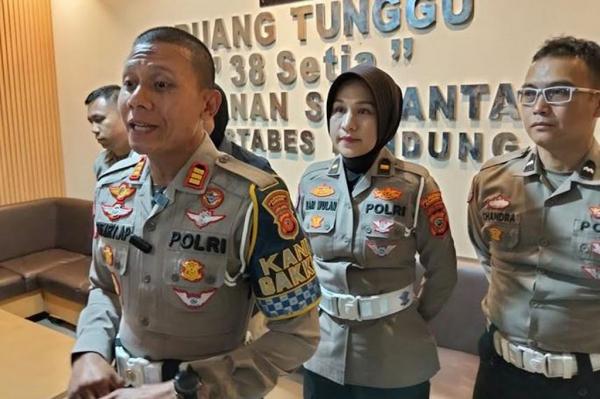Manchester City defender Kerstin Casparij always knew she "fancied girls".
But when she grew up in a small town in the north of the Netherlands, Heerenveen, she didn't know "being gay was even an option".
It wasn't until she became a first-team player at Heerenveen at the age of 15 that she came across the LGBTQ+ community.
"Being gay or queer wasn't something that was necessarily 'normal'. I didn't know anyone who was," she told BBC Sport.
"When we had to walk in pairs at school, I always wanted to hold the girls' hands and I always wanted to be the prince in plays.
"It's stereotypical - but I knew I liked girls. It was such a taboo that I thought I had to like boys. I had boyfriends who were just my best mates. I thought that was love.
"I liked them, but not like that. It was confusing through my teenage years. I didn't have those feelings [for boys]. Was that weird? What do I do with that?"
Now she has gone on to carve out a successful career in the Women's Super League, starring in a Manchester City side that sit second in the table, she wants to be an ally for others.
The 25-year-old, who has 48 caps for the Netherlands, has found love in Manchester - settling down with her partner Ruth, who she met on a dating app.
Now an openly gay woman, Casparij says the community is "close to her heart".
"It was hard at times growing up until I got into women's football. It was normal and openly spoken about [at Heerenveen]," she said.
"I learned a lot about myself. I didn't have that when I was young, I had so many doubts and questions.
"I was lying awake at night thinking 'is this weird or am I weird?' Being able to be that role model now with my partner, for so many young girls, is so important."
The right-back has a platform to promote inclusivity in women's football and has taken full advantage.
She wears rainbow laces on her football boots, rainbow armbands, regularly posts messages of LGBTQ+ support on social media and in April, dedicated her goal against Everton to the transgender community.
"Why I find it really important to spread the word and stand with people is because in modern society if it's often not against you, you won't say anything," said Casparij.
"It's important that we stand up for people that need it so they feel supported. For example, the trans community. They are good people and I care about them.
"I want to show that I stand with them. I'm hoping to inspire people to do the same. I think we need more togetherness generally and a sense of community."
She has supported numerous campaigns - most recently becoming a patron for the LGBTQ Foundation, helping to fund helplines against domestic abuse and transphobia.
"I think queer women are having a tough time at the moment and I want to help them have safe spaces," said Casparij.
"In domestic violence, for example, queer women are often overlooked. I want to make sure they have a place to heal and someone to talk to.
"I want to be a woman that helps women."
She is also passionate about setting an example to young, gay women - the type of representation she wished she had as a child.
"It's nice to be able to make other people take away doubt. It's about helping them to understand why they are feeling how they are feeling," she added.
"I always love being surrounded by queer people. Feeling included and supported is important. All I want to do is spread love."
Casparij believes women's football is "such an inclusive space" on the whole and enjoys interacting with supporters at WSL matches.
However, there have been recent cases of racist abuse towards players in England, predominantly through social media.
Tottenham players stopped taking the knee before kick-off after forward Jess Naz was "rocked" by racial abuse online.
England defender Jess Carter suffered the same during Euro 2025.
And Casparij's Manchester City team-mate Khadija Shaw was racially abused last season.
As a show of unity this month, Casparij joined her team-mates and opponents from Arsenal in a huddle prior to City's 3-2 win at Joie Stadium.
She later posted a message on Instagram stating that racism was a burden shared by all, and not to be suffered alone.
"It's Black History Month, which we want to celebrate, and we also wanted to do something that was impactful," Casparij explained.
"We felt interlinking with each other was the most impactful statement we could make. It's everyone's burden.
"If one of my team-mates gets racially abused, that hurts me. I'm a white woman, I don't know what that is like, but seeing them upset hurts me.
"I should stand for them and I should stand with them. It is something we really wanted to spread the word about - that we are there for them, we do not accept racism in any shape or form and it has no place in football."
Ben Haines, Ellen White and Jen Beattie are back for another season of the Women's Football Weekly podcast. New episodes drop every Tuesday on BBC Sounds, plus find interviews and extra content from the Women's Super League and beyond on the Women's Football Weekly feed
.png)
 10 hours ago
3
10 hours ago
3

